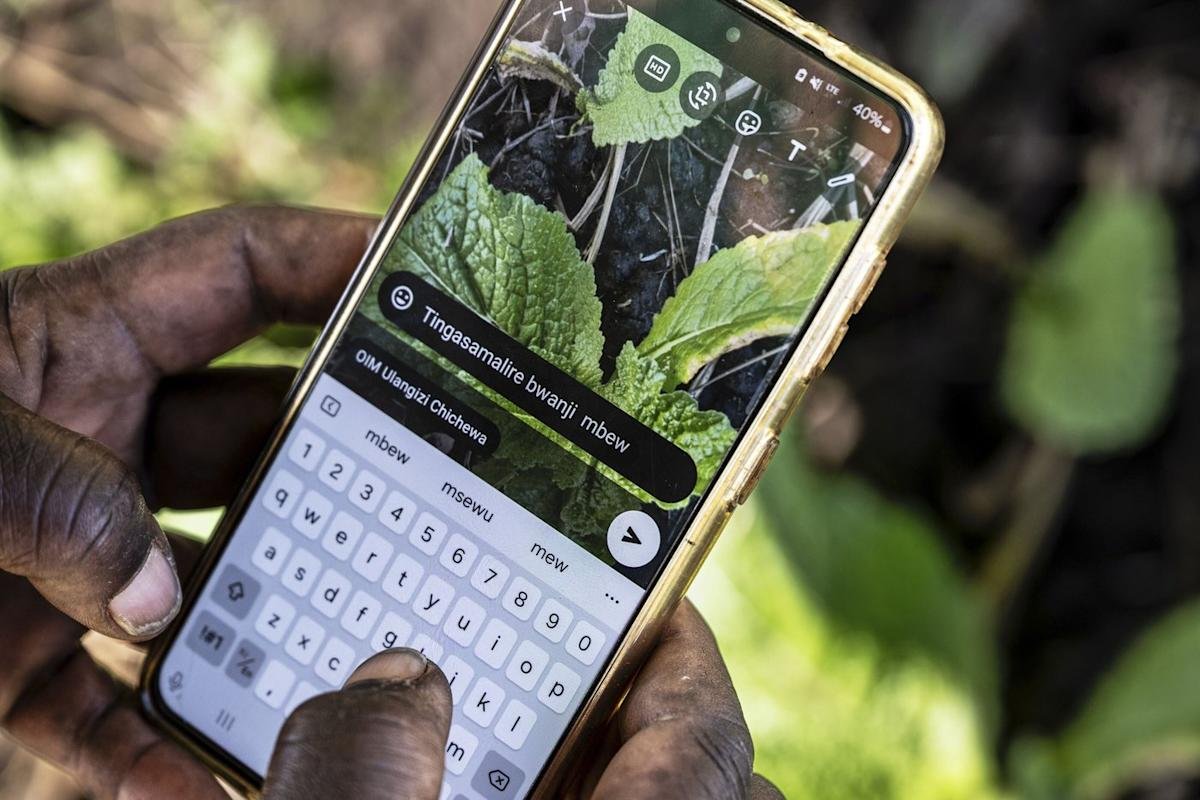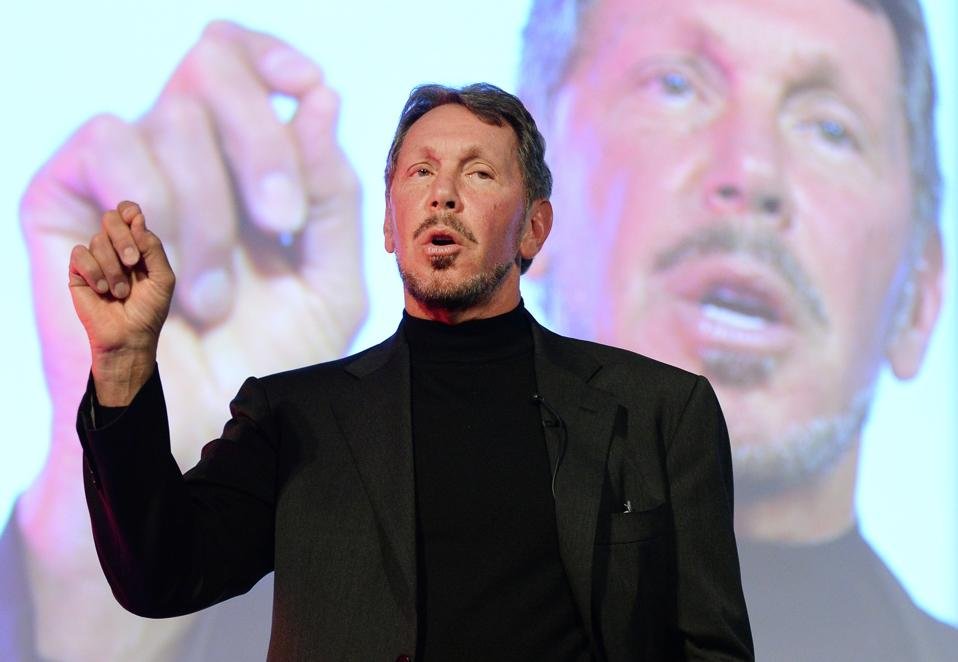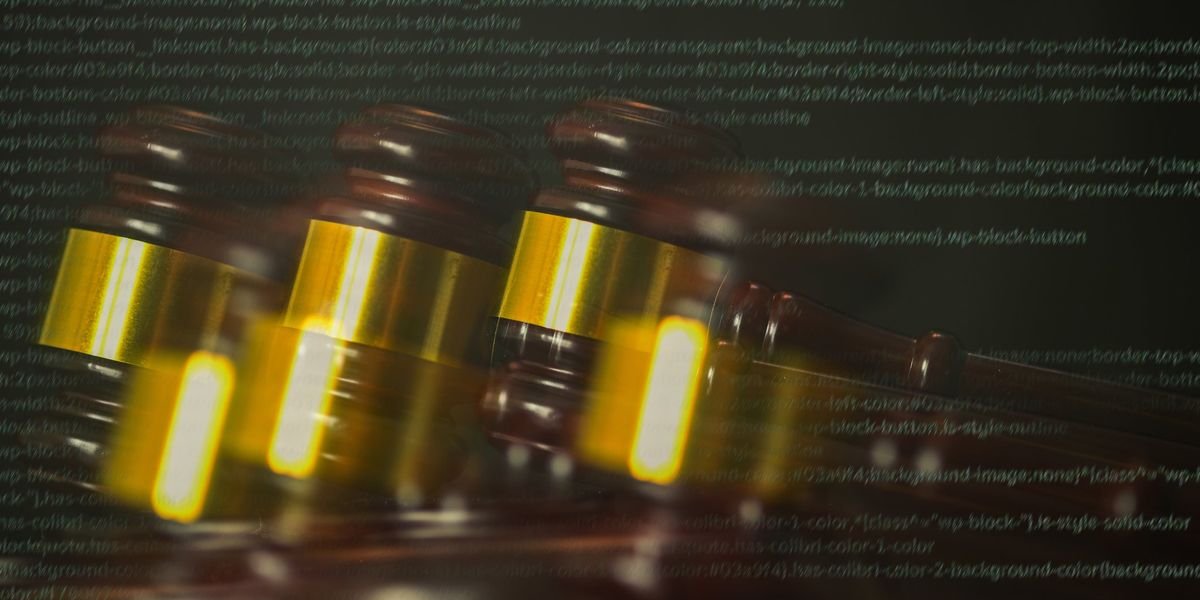Tools & Platforms
AI-assisted coding rises among Indian tech leaders: Report

Key findings from India
- 100% of technology leaders reported using AI coding tools personally or for their organisation.
- About 94% of developers use AI-assisted coding every day.
- 84% of the respondents see their organisation’s usage increase significantly within the next year. About 72% cited productivity gains due to the use of AI tools.
Governance is a must
- As per the survey, all respondents took a strong view of governance while using AI tools for professional purposes.
- 98% said all AI-generated code is put through peer review before going into production.
- 92% flagged risks when deploying AI code without human oversight, especially on maintainability and security.
- Most oversight responsibility lies with CTOs and CIOs, according to 72% of surveyed leaders.
Skills and hiring
In terms of upskilling and developing hiring trends:
- 98% of respondents believe AI is transforming developer skillsets, and all leaders were comfortable with candidates using AI tools during technical interviews.
- About 28% flagged concerns such as over-reliance without accountability and compliance exposure. About 20% also said AI tools may lead to junior staff struggling to develop traditional skills.
Canva’s CTO Brendan Humphreys emphasised the need for humans to leverage AI as an enhancement, not a replacement. “When paired with human judgment and expertise, it unlocks significant benefits — from rapid prototyping to faster development cycles and greater productivity.”
Tools & Platforms
How Malawi is taking AI technology to small-scale farmers who don’t have smartphones

MULANJE, Malawi (AP) — Alex Maere survived the destruction of Cyclone Freddy when it tore through southern Malawi in 2023. His farm didn’t.
The 59-year-old saw decades of work disappear with the precious soil that the floods stripped from his small-scale farm in the foothills of Mount Mulanje.
He was used to producing a healthy 850 kilograms (1,870 pounds) of corn each season to support his three daughters and two sons. He salvaged just 8 kilograms (17 pounds) from the wreckage of Freddy.
“This is not a joke,” he said, remembering how his farm in the village of Sazola became a wasteland of sand and rocks.
Freddy jolted Maere into action. He decided he needed to change his age-old tactics if he was to survive.
He is now one of thousands of small-scale farmers in the southern African country using a generative AI chatbot designed by the non-profit Opportunity International for farming advice.
AI suggests potatoes
The Malawi government is backing the project, having seen the agriculture-dependent nation hit recently by a series of cyclones and an El Niño-induced drought. Malawi’s food crisis, which is largely down to the struggles of small-scale farmers, is a central issue for its national elections next week.
More than 80% of Malawi’s population of 21 million rely on agriculture for their livelihoods and the country has one of the highest poverty rates in the world, according to the World Bank.
The AI chatbot suggested Maere grow potatoes last year alongside his staple corn and cassava to adjust to his changed soil. He followed the instructions to the letter, he said, and cultivated half a soccer field’s worth of potatoes and made more than $800 in sales, turning around his and his children’s fortunes.
“I managed to pay for their school fees without worries,” he beamed.
AI, agriculture and Africa
Artificial intelligence has the potential to uplift agriculture in sub-Saharan Africa, where an estimated 33-50 million smallholder farms like Maere’s produce up to 70-80% of the food supply, according to the U.N.’s International Fund for Agricultural Development. Yet productivity in Africa — with the world’s fast-growing population to feed — is lagging behind despite vast tracts of arable land.
As AI’s use surges across the globe, so it is helping African farmers access new information to identify crop diseases, forecast drought, design fertilizers to boost yields, and even locate an affordable tractor. Private investment in agriculture-related tech in sub-Saharan Africa went from $10 million in 2014 to $600 million in 2022, according to the World Bank.
Tools & Platforms
When Good Intentions Kill Cures: A Warning on AI Regulation – The Fulcrum
Tools & Platforms
Larry Ellison Tops Billionaire List In AI Race: 8 Fun Facts

Larry Ellison, CEO of Oracle Corporation (TORU YAMANAKA/AFP via Getty Images)
AFP via Getty Images
With data center spending hitting record highs amid the AI boom, it’s no wonder Larry Ellison, cofounder, chair and chief technology officer of cloud giant Oracle, is now rivaling Elon Musk for the title of World’s Richest Man.
The company reported a 359% jump in order backlog during its first quarter 2026 earnings call, sending its stock soaring 36% for the day. This landed Ellison, who owns more than 40% of shares, at the top of the Forbes Billionaires List, second only to his good friend, Elon Musk.
For perspective, the net worth of the seven wealthiest people in the world–all AI luminaries including Meta’s Mark Zuckerberg, Amazon’s Jeff Bezos, Google’s Larry Page and Sergey Brin and Nvidia’s Jensen Huang–exceeds $2 trillion, close to the GDP of Canada.
Ellison, now 81, has been a billionaire since he was 47, but there are a number of surprising things about him that make his rags to riches story iconically American.
1. Born into poverty
Ellison’s birth mom was an unwed teenager in New York City during World War II who had to give him up for adoption. His maternal aunt and uncle raised him in a poor neighborhood on the south side of Chicago.
His father, a hard-working Russian immigrant and patriotic US bomber pilot, taught him to respect authority. But as the 1960s took hold, he dropped out of college to forge his own path and follow his passion for computer programming.
2. From CIA to Billionaire
He moved to Berkeley to code for a number of tech companies, and landed a job at Ampex where he was put on a team to build a database called “Oracle” for the CIA.
Inspired by the IBM research paper titled, “A Relational Model of Data for Large Shared Data Banks,” he and his colleagues left to form a startup to beat IBM to market in commercializing relational databases. They bootstrapped the company with $2,000 of their own money and landed a $50,000 contract from the CIA that seeded their startup. A few years later they renamed the company Oracle with backing by Sequoia Capital. They went public in 1986, a day before Microsoft, and in 1990 Ellison became a billionaire.
3. Fun with Steve Jobs
Both as Silicon Valley tech titans and Woodside neighbors, Ellison and Steve Jobs were good friends. Ellison has spoken extensively about their close relationship, recalling how Jobs made him watch 73 different versions of Toy Story, the first full length feature of Pixar, the animation studio which Jobs bought from George Lucas for $10 million after being fired from Apple, and later sold to Disney for $7.4 billion in an all-stock transaction becoming the Mickey Mouse’s largest shareholder.
Ellison even offered to buy Apple to help Jobs return after his ousting, but Job declined and decided to persuade the board to take him back after he sold them his NeXT operating system. In 1997, Jobs was reinstated as CEO and Ellison joined Apple’s board.
4. Betting on AI
Following Jobs death from pancreatic cancer in 2011, Ellison doubled down on research establishing the Ellison Institute of Technology at USC with a $200 million gift in 2016 for cancer treatment. More recently, he led the Series B round for Imagene AI which calls itself the OpenAI for precision oncology.
Although his main AI investment has always been Oracle, doubling his ownership over time, Ellison has made other notable tech bets. In 1999, he seeded Salesforce and in 2018 invested in Tesla and took a board seat, later backing Musk to buy Twitter. He was also an early investor in the now-defunct home testing startup Theranos.
5. Buying Hawaii
In 2012, Ellison bought 98% of the island of Lanai from David Murdock, the CEO of Dole Food Company and owner of real estate holding company, Castle & Cooke. According to Bloomberg, he paid $300 million for the land which included Four Seasons Lanai, where he and Jobs had frequently vacationed together.
The resort now operates Ellison’s Sensei wellness retreat where AI is used to provide personalized plans, deliver insights, and customize treatments like thermal body mapping massage.
6. Buying Hollywood
In recent years, Ellison has been on a tear acquiring Hollywood studios. He just bought Paramount Global for $8.4 billion as co-owner of his son’s Skydance Media, and has been reported to be preparing a bid for Warner Brothers Discovery, which now has a market cap of $40 billion.
Ellison’s son David is best known for producing movies in the Top Gun, Mission Impossible and Star Trek franchises, including Top Gun: Maverick one of the highest grossing films of all time, with a box office gross of $1.5 billion. His daughter Megan is also an accomplished filmmaker with Annapurna Pictures which produced the Oscar-winning AI movie, Her, along with other arthouse films including Phantom Thread, American Hustle and Vice.
Ellison and Musk had billionaire cameos in Iron Man 2.
7. Pledges to give it all away
A good friend of philanthropist Michael Milken who has raised billions of dollars for cancer research, Ellison believes the road to bliss is altruistic giving. In 2010, he signed the Giving Pledge, a campaign started by Bill and Melinda Gates and Warren Buffet to encourage billionaires to donate at least half their fortune during their lifetime. Ellison pledged to give away 95% of his wealth to advance scientific research and solve complex problems related to health and aging.
Other billionaires who signed the pledge include Mark Zuckerberg, Priscilla Chan, Mackenzie Scott, Michael Bloomberg, George Lucas and Ted Turner.
8. Immortality
Ellison looks as good now as he did decades ago when he first became a billionaire. A tea-totaler pescatarian who works out daily, doesn’t drink alcohol or do drugs, and prioritizes sleep. He’s kept his mind sharp by leaning into his interests: sailing, tennis, flying, Japanese culture, tournament chess, guitar, and by being in a relationship, even if it’s taken a half dozen marriages to accomplish this.
He says high achievers are driven more by fear of failure than the pursuit of success. When he was little, his greatest fear was losing his adopted mom, and he prayed and made all sorts of deals to make sure she’d return to him safely after she was late coming home from work one night. When he lost her in college to a long battle with cancer, he fell into a deep depression and dropped out. He later found that the intelligent pursuit of happiness lies in giving with intention and has been donating his fortune to solve for longevity ever since.
Hopefully with AI he’ll succeed and that will become his greatest legacy.
-

 Business2 weeks ago
Business2 weeks agoThe Guardian view on Trump and the Fed: independence is no substitute for accountability | Editorial
-
Tools & Platforms1 month ago
Building Trust in Military AI Starts with Opening the Black Box – War on the Rocks
-

 Ethics & Policy2 months ago
Ethics & Policy2 months agoSDAIA Supports Saudi Arabia’s Leadership in Shaping Global AI Ethics, Policy, and Research – وكالة الأنباء السعودية
-

 Events & Conferences4 months ago
Events & Conferences4 months agoJourney to 1000 models: Scaling Instagram’s recommendation system
-

 Jobs & Careers2 months ago
Jobs & Careers2 months agoMumbai-based Perplexity Alternative Has 60k+ Users Without Funding
-

 Podcasts & Talks2 months ago
Podcasts & Talks2 months agoHappy 4th of July! 🎆 Made with Veo 3 in Gemini
-

 Education2 months ago
Education2 months agoMacron says UK and France have duty to tackle illegal migration ‘with humanity, solidarity and firmness’ – UK politics live | Politics
-

 Education2 months ago
Education2 months agoVEX Robotics launches AI-powered classroom robotics system
-

 Funding & Business2 months ago
Funding & Business2 months agoKayak and Expedia race to build AI travel agents that turn social posts into itineraries
-

 Podcasts & Talks2 months ago
Podcasts & Talks2 months agoOpenAI 🤝 @teamganassi






